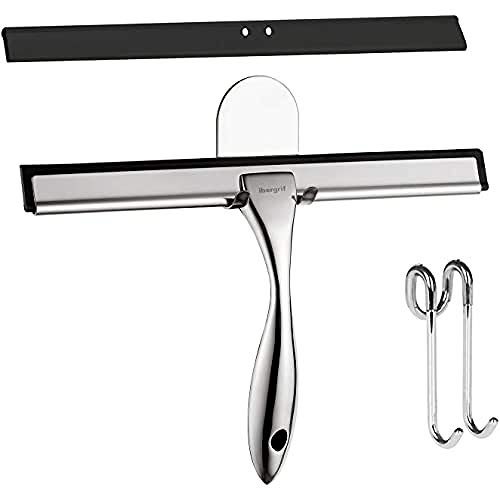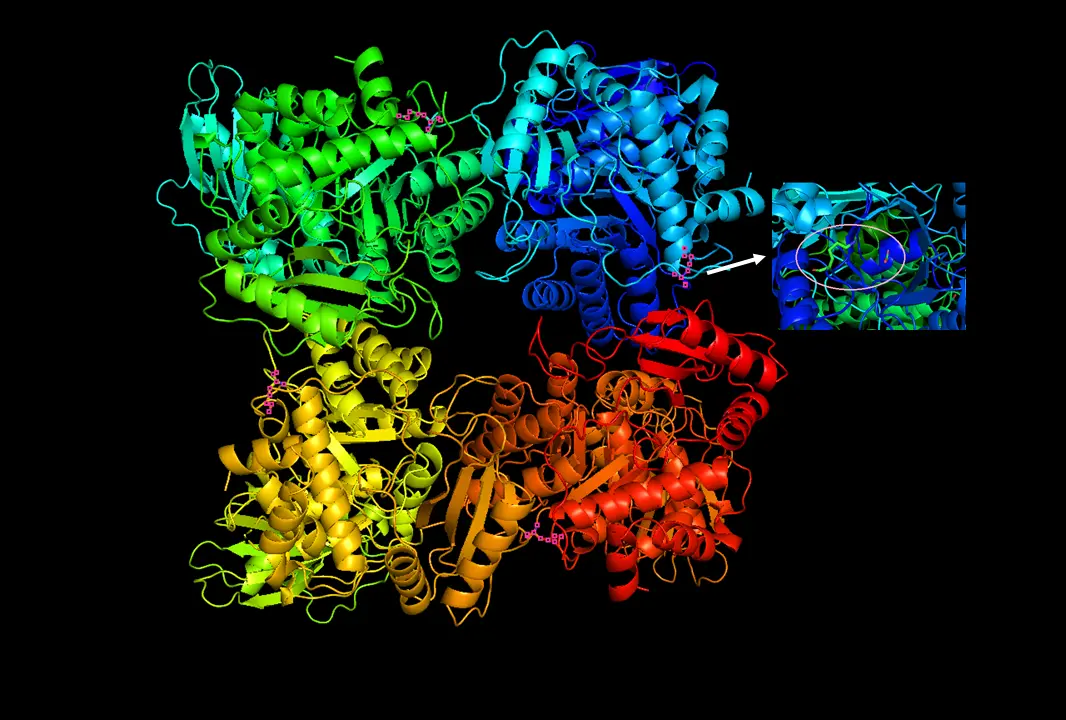I squeegee the water off whenever I’m done but later on it still has that foggy water look. How do I get the door to look actually clear?
vinegar + dawn dish soap . i tried it this week and it worked like a charm.
https://www.skiptomylou.org/homemade-bath-and-shower-cleaner-recipe/
I have a dumb question: why heat up the vinegar? Does it help with some kind of chemical reaction in the mixing or does heat just help to make the mixture to be more effective so it needs to be used before it cools down?
My apartment has incredibly hard water, so sinks, toilets, and showers always look rough. It just now occurred to me that maybe rain x on the glass after cleaning could be a decent preventative measure unless somebody can tell me why that’s a bad idea?
I don’t have their reason, but a big one is that hot liquids can hold more things. It’s why adding sugar to hot tea and cooling it is better than using cold tea. Warm/hot vinegar will dissolve hard water remnants faster and with less manual input than cold/room temp vinegar.
It’s not that “hot liquids hold more things” afaik, it’s that hot liquids have more energy to break apart the larger particles into smaller ones, i.e. dissolve them. Otherwise you’d expect the dissolved sugar to settle at the bottom when you cool the tea back down.
I absolutely assumed that this part is true, but I’m wondering if this is pretty useless after it’s cooled down or if it’s still okay to make a big batch and use it over a couple of months or however long it could last. There’s also the concern of mixing vinegar which is acidic with a soap which tends to be alkali. Idk what to expect chemically speaking, but then adding heat and agitation will certainly cause a more aggressive chemical reaction. I assume this won’t explode or produce toxic fumes or anything, but this might not be particularly shelf stable because it’s relying on the reaction from the mixing to do some scrubbing bubbles action on some of the challenging shit? Idk, I just hesitate to trust this sort of “life hack” type info because so much of it has proven to be anything ranging from useless bullshit to corporate astroturfing (buy Dawn!) to downright dangerous advice.
My hunch is that it probably works great for the first hour or so after mixing and then has immediate diminishing returns, so it’s probably best to make a small batch, immediately spray it on everything you want to hit with it, and then go back and wipe up in the order you sprayed this shit onto. But idk, I haven’t tried it, use at your own risk. Amateur chemistry has risks.
It’s the heat energy doing the work not some chemical reaction that is still present after the solution cools off.
Put it in one of those scrubbers with a built in soap dispenser and keep it on the shower. Then you can scrub when you shower.
I shall try this
I may be wrong but I believe dish soap is an alkaline/base and I know vinegar is acidic. If you mix the two, they are going to neutralize each other. I’d try just the vinegar and some hot water, that’s I use to clean water scale build ups.
I could also be wrong, but I believe SDS has less ‘affinity’ for protons than acetic acid (which is part of the reason why detergents work so well). You’d need sulfuric acid, or something stronger, and removal from solution of its buddy ion sodium. Then I think you could protonate dodecyl sulfate.
Now acetic acid and soaps…yeah, far more likely to generate scum. The polar head is a weaker acid.
The importance of soap to human civilization is documented by history, but some problems associated with its use have been recognized. One of these is caused by the weak acidity (pKa ca. 4.9) of the fatty acids. Solutions of alkali metal soaps are slightly alkaline (pH 8 to 9) due to hydrolysis. If the pH of a soap solution is lowered by acidic contaminants, insoluble fatty acids precipitate and form a scum. A second problem is caused by the presence of calcium and magnesium salts in the water supply (hard water). These divalent cations cause aggregation of the micelles, which then deposit as a dirty scum.
These problems have been alleviated by the development of synthetic amphiphiles called detergents (or syndets). By using a much stronger acid for the polar head group, water solutions of the amphiphile are less sensitive to pH changes. Also the sulfonate functions used for virtually all anionic detergents confer greater solubility on micelles incorporating the alkaline earth cations found in hard water.
Mr. Clean magic eraser.
That’s quite abrasive. Never tried it personally but I’d worry that on glass it’ll leave more scratches and lead to an even fogger look.
We simply clean it with a mix of vinegar and water and a rag.
Get some proper cleaning supplies and use them, there are specific bathroom cleaners that will solve the issue. Here in Sweden, I look for stuff like Ajax and Cif.
Whenever you do get it clean, treat it with RainX or similar. We do that every few years and squeegee after each shower, our glass is spotless after 10 years. Our water is super hard too, saw the house next to ours which was built at the same time, disgustingly opaque with scale.
Holy shit I would have never thought of this, that’s brilliant.
The squeegee is the key.
Used dryer sheets work well too. Wet, scrub, rinse. Takes off hard water stains and soap scum as well or better than vinegar in my experience.
I recently learned of that and it did not bring dirty water stains from pipe repairs out of my toilet bowl (the water ran muddy for several days, the town left the repair undone for several weeks); any suggestions?
Assuming it’s a regular porcelain bowl I’d try Barkeeper’s Friend next, it’s a mild abrasive made from something weird like rhubarb.
I struggled with this for a long time and even considered redoing my shower to eliminate the glass because it bothered me so much. I tried so many different things, including a lot of the stuff listed here but the best solution I found is barkeepers friend (https://barkeepersfriend.com/products/soft-cleanser/). It requires zero scrubbing and leaves the glass crystal clear after. I don’t even bother using a squeegee anymore because this is so easy.
We use rince aid for dish washing machines. Works great.
…Windex?
Found this that works really well. Dawn + vinegar has already been mentioned but try it with the rubbing alcohol as well
https://cleaninghow.to/how-to-make-an-eco-friendly-homemade-bathroom-cleaner/Be careful not to do this if you have an acrylic tub, alcohol will mess it up.
There’s a product sold at auto parts stores that’s designed to clean side view mirrors of mineral buildup.
It comes with a little rough sponge and a white pasty goop you squeeze onto the sponge.
That’s the only thing I’ve found that works for getting mineral buildup off of glass.
there are some different minerals in the water that could be causing this, try a little vinegar before spending any real money. you can test with lemon juice if you don’t have any vinegar just to see if it’ll work.
make sure you rinse it off well though, if it pools around steel fixtures it might cause rust.
White vinegar.
it does not need to be white vinegar. that would be the cheapest cleaning agent, but you can test if it works with any mild acid you have laying around
I always was under the impression it’s stronger.
it is. but it’s not required.
Ok, thanks. I use white vinegar or lemon for cleaning and in the rinse cycle of laundry for softener/suds removal, organic acv (with the mother) and distilled water, sometimes a drop of honey as a hair rinse and occasional oral tonic/mouth rinse (or ginger, which is also great for upset stomach).
Boiled orange or lemon peel in the dish pan is great for sanitizing/spot prevention, but if I let dishes pile up long enough to run the dishwasher, a shallow dish of white vinegar goes in the bottom to replace rinse aid. It’s economical and effective.
both tide ands Downy now have citric acid-based rinse. it’s nice because a few tablespoons will replace two full cups of white vinegar
Noted, thanks.
I use a steam cleaner and cleaning vinegar in a spray flask. Takes all soap and calcium stains quickly off the shower tiles. Might work for glass too, or maybe with denatured alcohol, I clean my windows with that stuff.
Use this, without any product, every time you finish to shower.

That’s a squeegee, they said they use it after every shower but doesn’t help.
You have to religiously use it every time. Also every 4-6 months you do a cleaning with glass product. Im doing it since 3 yeara in my house and it works great
Calcium lime and rust remover.








